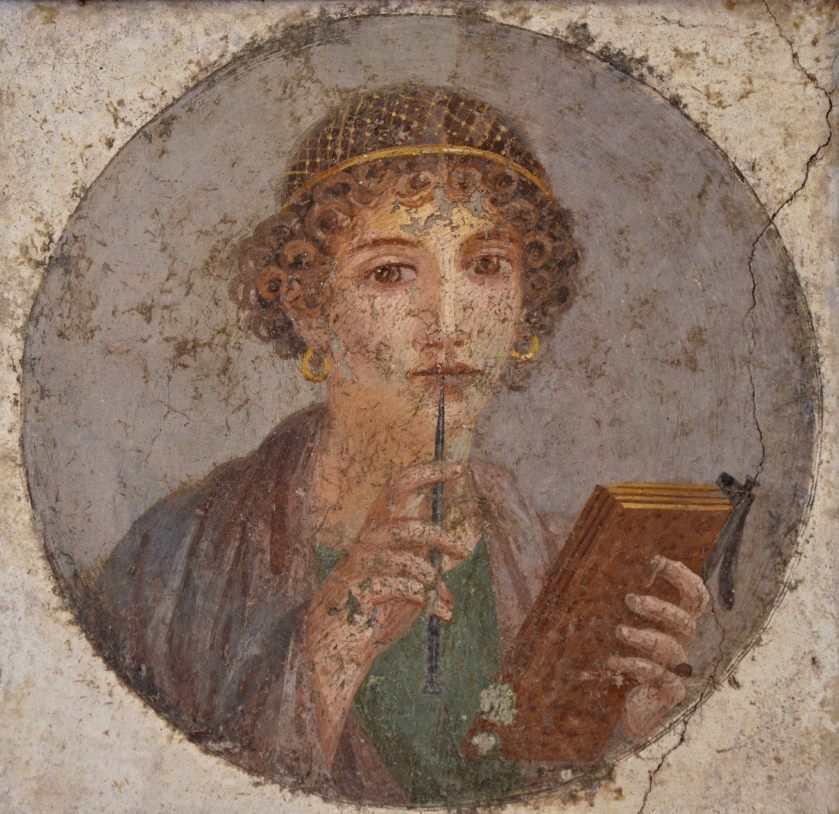



For Latin usage in Academic English including using: et al., ibid, op. sit etc., click here …
&c. — (et cetera) = …and other things.
et al. — (et alii) = and others, used especially in referring to academic books or articles that have more than one author.
n.b., — (nota bene) = pay special attention to something.
… Because here, we shall focus on the four letter word (n.b., it’s not the ‘F word):
amor vincit omnia
— “love conquers all”
* Inscribed on a bracelet worn by the Prioress in Chaucer’s The Canterbury Tales; and is originally from Virgil, Eclogues, 10, 69: omnia vincit amor: et nos cedamus amori (“love conquers all: let us too surrender to love”).
nunc scio quid sit amor
— “now I know what love is”
* From Virgil, Eclogues, VIII.
nunc scio quid sit amor
— “I hate and I love”
* The opening of Catullus 85; the entire poem reads, “odi et amo quare id faciam fortasse requiris / nescio sed fieri sentio et excrucior” (I hate and I love. Why do I do this, you perhaps ask. / I do not know, but I feel it happening to me and I am burning up.)
quos amor verus tenuit tenebit
— “Those whom true love has held, it will go on holding”
* by Seneca
ubi amor, ibi dolor
— “where [there is] love, there [is] pain”
requiescat in pace
* R.I.P. “may he/she rest in peace.” Used as a short prayer for a dead person, frequently found on tombstones.
As Roman poet Sextus Propertius said:
Sine sensu vivere amantis, et levibus curis magna perire bona
— “Lovers live without sense and, great affairs perish because of petty concerns.”
I’ll end by focusing on Propertius a little bit. He was born around 50–45 BC and is thought to have died in around 16 BC. He was a contemporary of and friend of the poets Catullus and Virgil. I’ll focus on him because these following quotes are attributed to him:
Love can be put off, never abandoned.
Absence makes the heart grow fonder.
Afflicted by love’s madness all are blind.
Propertius is known today for around 100 poems penned in the elegiac couplet. Like the work of nearly all the elegists, Propertius’ work is dominated by the figure of a single woman: Cynthia (which was/is a pseudonym)
Cynthia prima suis miserum me cepit ocellis / contactum nullis ante cupidinibus.
— Cynthia first captivated wretched me with her eyes / I who had never before been touched by Cupid.



p.s.
See too, Greek ‘n’ Roman love

